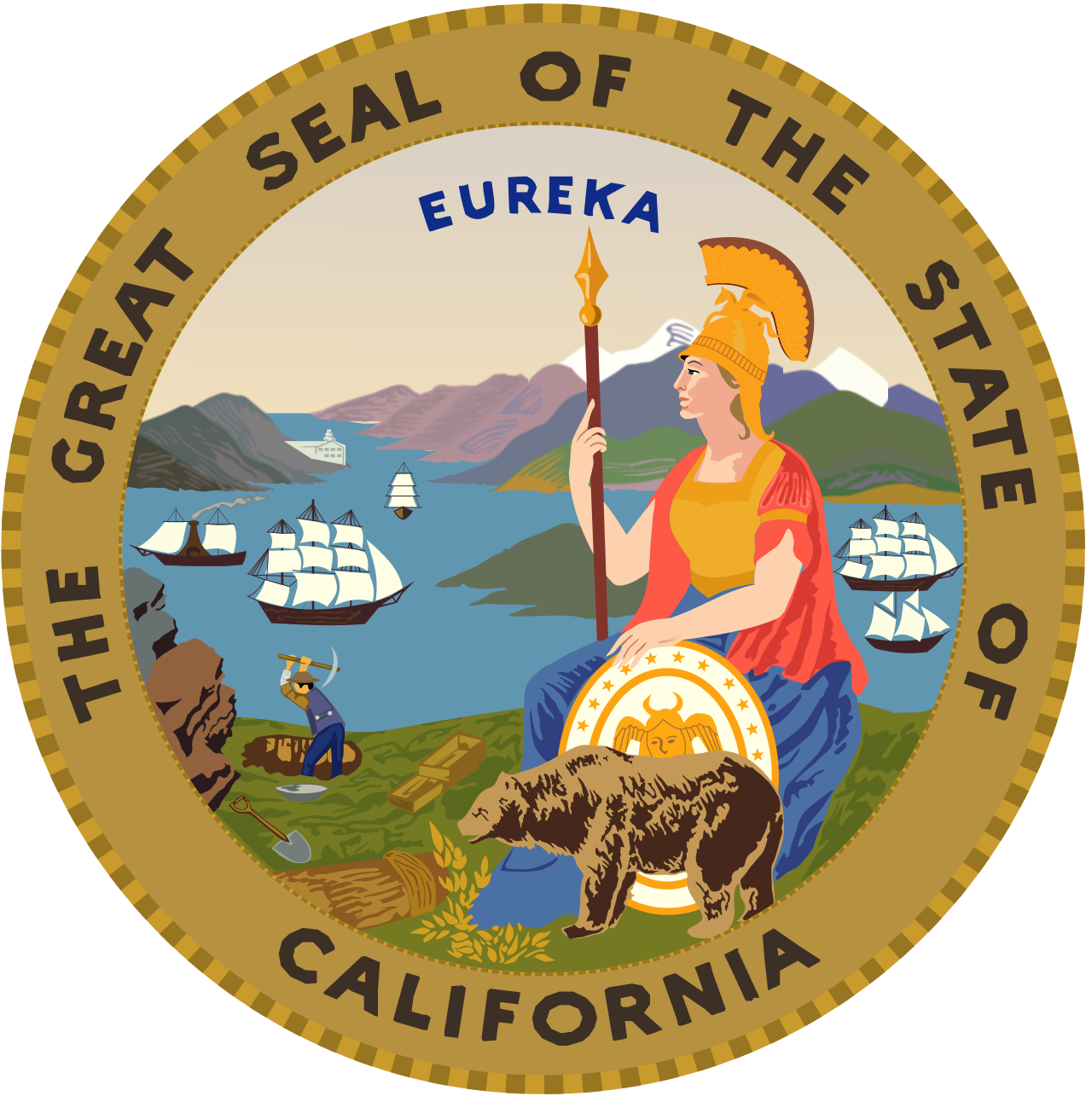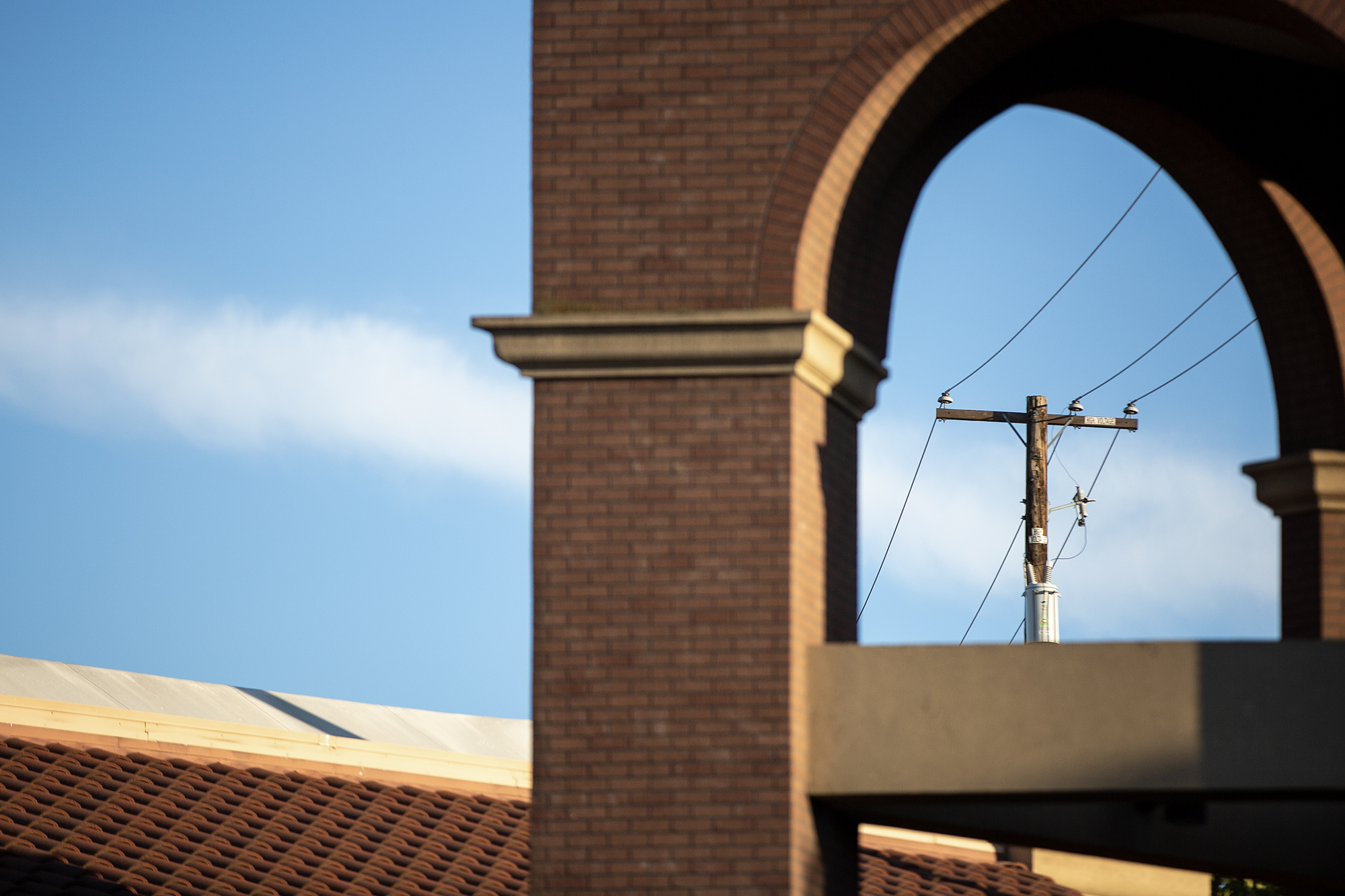- cross-posted to:
- oakland
- cross-posted to:
- oakland
Based on the chart, the poorest households get screwed, the slightly less poor households get a discount so minor it’s meaningless, and most Californians get nothing.
The way we handle energy in this state is just straight up corrupt.
“if you use more you pay more and that encourages conservation,“ said Loretta Lynch, a former CPUC president
Except the way the utilities have set up their tiers, just having a refrigerator puts you in the higher tiers… and god forbid you run an AC in the warmer months. Californians are getting fleeced by these for-profit energy companies and the corrupt, on-the-take politicians that support, protect, and enable them.
$24 a month? Who’s using that little amount of electricity?
At 30c/kw that’s only 80kw until you’re over the minimum.
An electric water heater will use that up for a family of 4 easily every month.
Because the utilities lobby for fees that will reduce their profits. Yes. That makes sense.
It’s justified by power line maintenance and safety, right? Then the amount should be based on how many miles of power lines are running out to your house. That would make it more expensive to live out in the country, where the largest fire-related expenses already are, and cheaper to live in the city. Or we can keep subsidizing sprawl. We already spend billions protecting a few hundred homes from wildfires. Spend billions on freeway widening too. This is probably small compared to those other things.
This is bullshit spun to make it look like they are doing y’all a favor.
Please excuse me while I shed a tear for all the wealthy solar panel owners who will have to start paying to support the grid
It’s as if you literally spread your cheeks and used your puckered asshole as a mouth to spew that sentence.
I’m so glad you arrived to elevate and enlighten, very educational, thanks
You clearly know absolutely nothing about residential solar or how it is handled by grid operators. Quit just regurgitating industry talking points when you’ve clearly done no research on the topic.
The number of people with a solar install large enough to completely offset their usage and with enough battery storage to cover overnight and poor generation usage, is infinitesimally small. Most are just a percentage offset, which still have minimum fees and rates for maintaining the grid connection. Those fees apply if they have enough battery backup and don’t use the grid connection they have.
And if they are self-sufficient, and they disconnect from the grid, there is no maintenance for a nonexistent connection. That isn’t the urban and suburban areas. Very few people go from having a grid connection to not. The actual self sufficient places are built with that in mind in areas without an existing grid connection.
Does Cali allow grid disconnection?
Here you can be self sufficient, but you still need to be connected, so still pay maintenance and connection fees. Even if your electricity is a wash.
Not sure about Cali and disconnection specifically, my personal experience is in AZ. But I don’t know of a single person that actually had ever wanted to disconnect from the grid. Usually that kind of setup is planned for new builds and never connected at all.
Out of the handful of people I know that are generating at self-sufficient levels, all but one were planned that way from the beginning. Their houses were built to be passively solar, and their solar system built specifically to be off grid. They never had a connection.
The one friend that I know that added solar to their existing home a could months ago and has a system large enough to fully offset, but without batteries, still has a bill for the various maintenance fees and usage when not generating enough or overnight. The amount is just offset by the amount of production they push back into the grid. So their last bill was -$27 because their credits for supplying the grid at wholesale cost are still more than all of their fees and usage. Not sure of their exact amounts because there have been a few different solar plans our utility has used over the years, but it’s probably similar to mine. We are paid $0.08/kWh for what we generate and send the grid, but we pay $0.13/kWh during peak times. From my understanding, this is how most solar grid connected plans are setup nowadays. It is not a 1:1 credit system like some old systems from like a decade ago.
My dad’s solar system on the other hand is older and on a 1:1 kWh credit system plan, so he pays the fees out of pocket. Most of his bills are just the fees since he generates surplus during the day until the grid to offset what he uses overnight.
So there could be an argument with the old 1:1 systems that the base fees don’t pay for maintenance from usage. It’s a weak argument, but there’s something there at least. With current systems that credit based on the much lower wholesale power cost though, that’s literally what any other power generator on the grid in the area is paid, it specifically doesn’t include the maintenance costs because that’s included in the retail price for the usage itself, which is still paid when you pull from the grid.
Cali does not allow you to disconnect, even if you have the battery bank to pull it off. Maybe in some unincorporated areas, but then you’re just kindling for the next fire.





